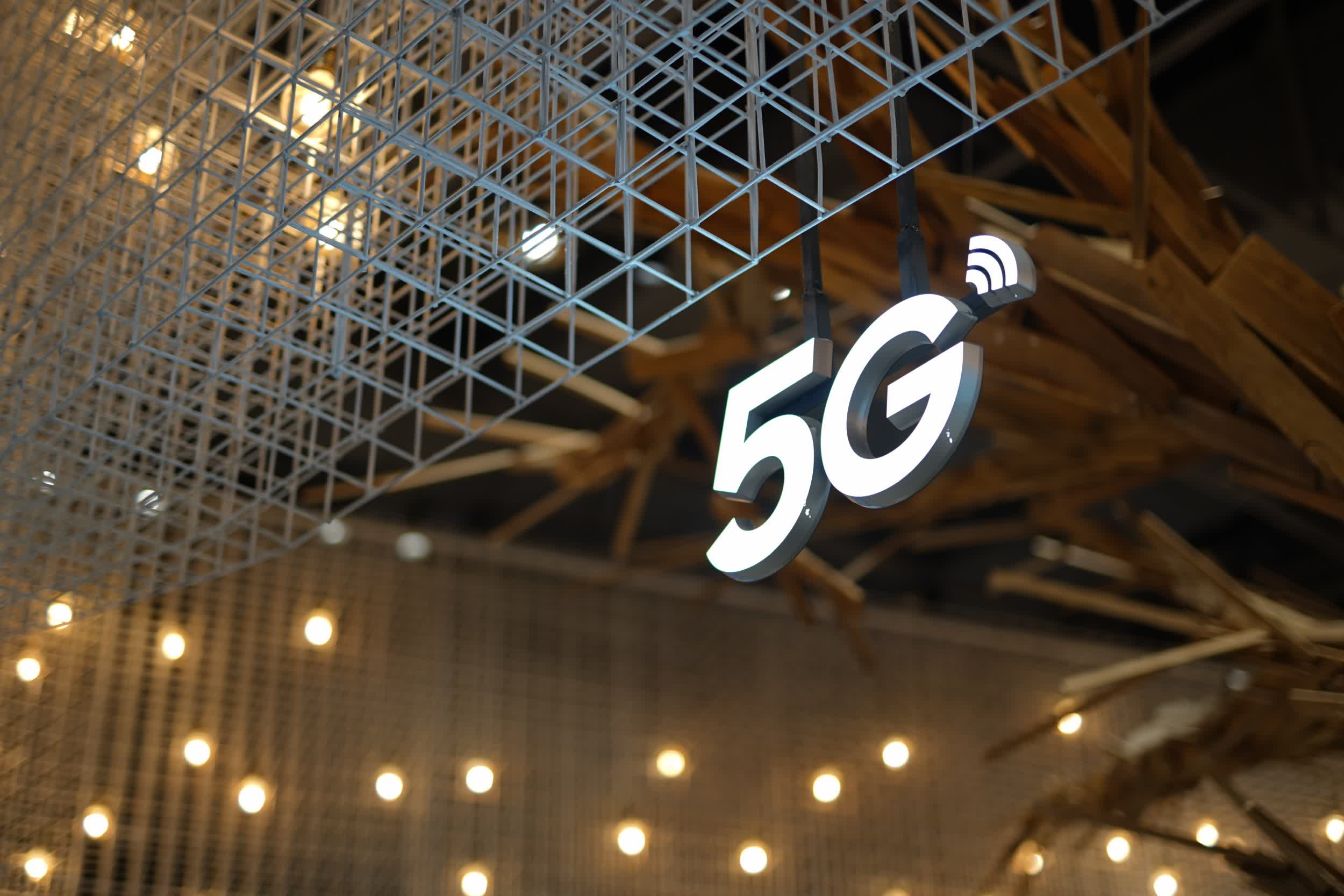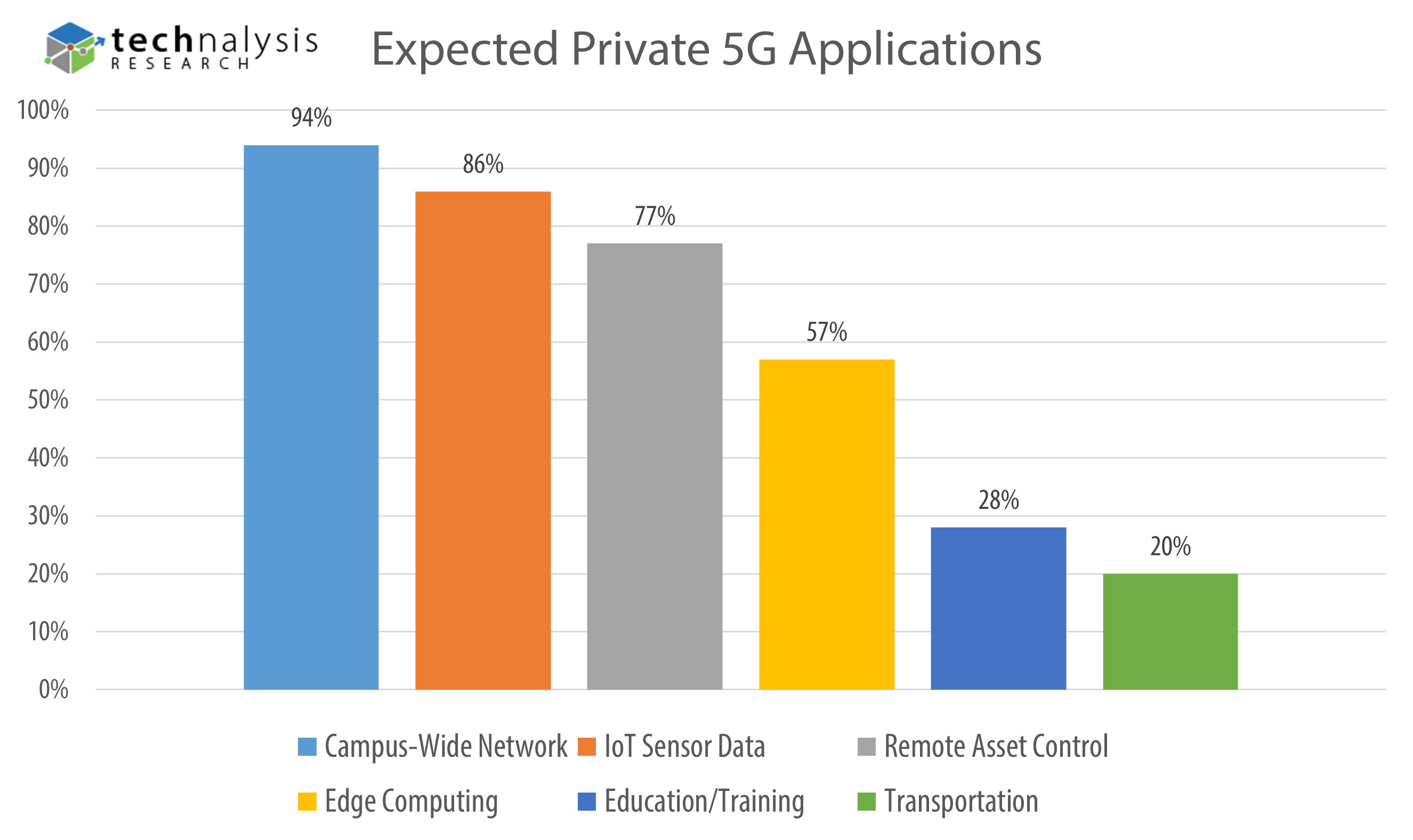In brief: Remember when 5G was just about to roll out and companies promised it would revolutionize the world? Now that it's seeing more widespread adoption, do you agree with those claims? According to a new study, many people feel 5G connectivity is overhyped and have failed to notice any speed or reliability improvements since upgrading.
Research from UK-based price comparison service and switching website Uswitch found that one in six 5G users feel the technology doesn't live up to its promise. Less than half said they notice faster speeds or more stable connections since jumping to the fifth-generation cellular network.
One of the problems with 5G has long been its coverage in rural areas. That's an issue everywhere mobile networks are found, including the UK, where 17% of those who live outside of urban areas say they've never been able to connect to a 5G signal---three times more than those in cities.
Some mobile users in the countryside can't even get reliable connections to older networks. Only 48% of people in the county of Yorkshire said they could access 4G reliably, and 14% said they often had to revert to 2G.
5G advocates have talked about its lower latency and higher speeds enabling more applications for consumers, including the use of mobile virtual and augmented reality. Many point to the metaverse as one of the biggest areas that will benefit from 5G connectivity. But most people remain apathetic towards the concept, and a recent report predicting most business projects in this virtual realm will close by 2025 hasn't helped increase enthusiasm.
While it might not be living up to the hype for some users, 5G still has the distinction of being the fastest-growing mobile communications technology ever. Ericsson said coverage reached roughly 25% at the end of 2021, hitting the milestone about 18 months faster than 4G. 5G is also expected to have around one billion users by the end of the year.
Part of the reason why people feel somewhat disappointed in 5G is that we're yet to see its full potential; the technology is still in its relative infancy. As 5G expands---it's expected to be the dominant network with 4.4 billion users by 2027---so will the number of applications that take advantage of it. At least that's the plan.

